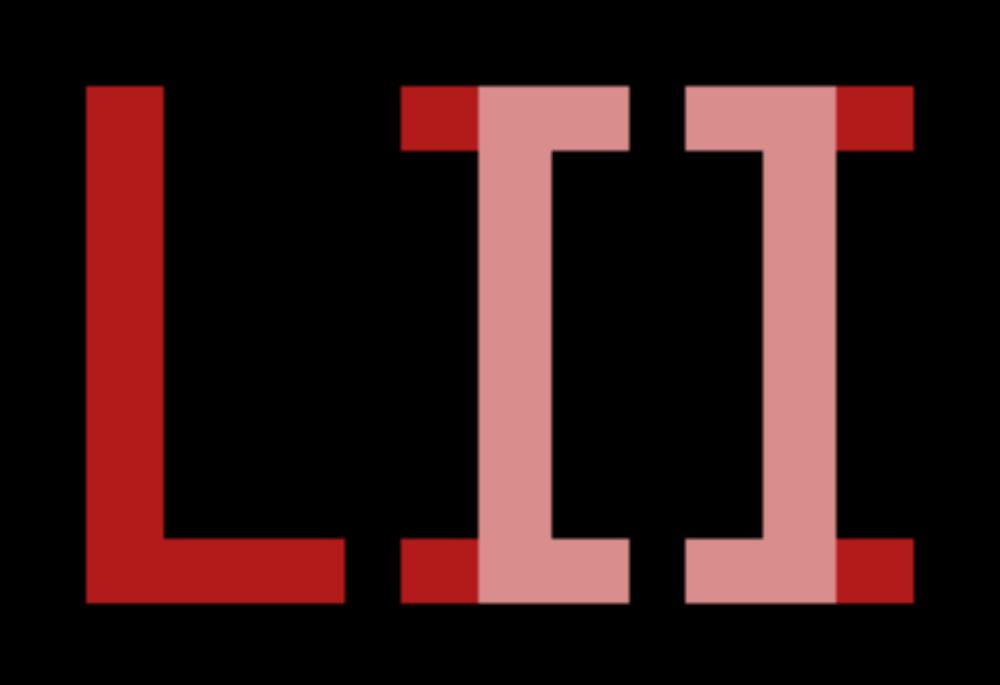Joseph Nunn
@josephanunn.bsky.social
320 followers
65 following
65 posts
Counsel in the Liberty and National Security Program at the Brennan Center for Justice. Expert on domestic deployment of the military.
Posts
Media
Videos
Starter Packs
Reposted by Joseph Nunn
Reposted by Joseph Nunn
Reposted by Joseph Nunn
Joseph Nunn
@josephanunn.bsky.social
· Sep 2
Joseph Nunn
@josephanunn.bsky.social
· Sep 2
Joseph Nunn
@josephanunn.bsky.social
· Sep 2
Joseph Nunn
@josephanunn.bsky.social
· Sep 2
Joseph Nunn
@josephanunn.bsky.social
· Sep 2
Joseph Nunn
@josephanunn.bsky.social
· Sep 2
Joseph Nunn
@josephanunn.bsky.social
· Sep 2
Joseph Nunn
@josephanunn.bsky.social
· Sep 2
Joseph Nunn
@josephanunn.bsky.social
· Sep 2
Joseph Nunn
@josephanunn.bsky.social
· Sep 2
Joseph Nunn
@josephanunn.bsky.social
· Sep 2
Joseph Nunn
@josephanunn.bsky.social
· Sep 2
Joseph Nunn
@josephanunn.bsky.social
· Sep 2
Joseph Nunn
@josephanunn.bsky.social
· Sep 2
Joseph Nunn
@josephanunn.bsky.social
· Sep 2
Joseph Nunn
@josephanunn.bsky.social
· Sep 2
Joseph Nunn
@josephanunn.bsky.social
· Sep 2





